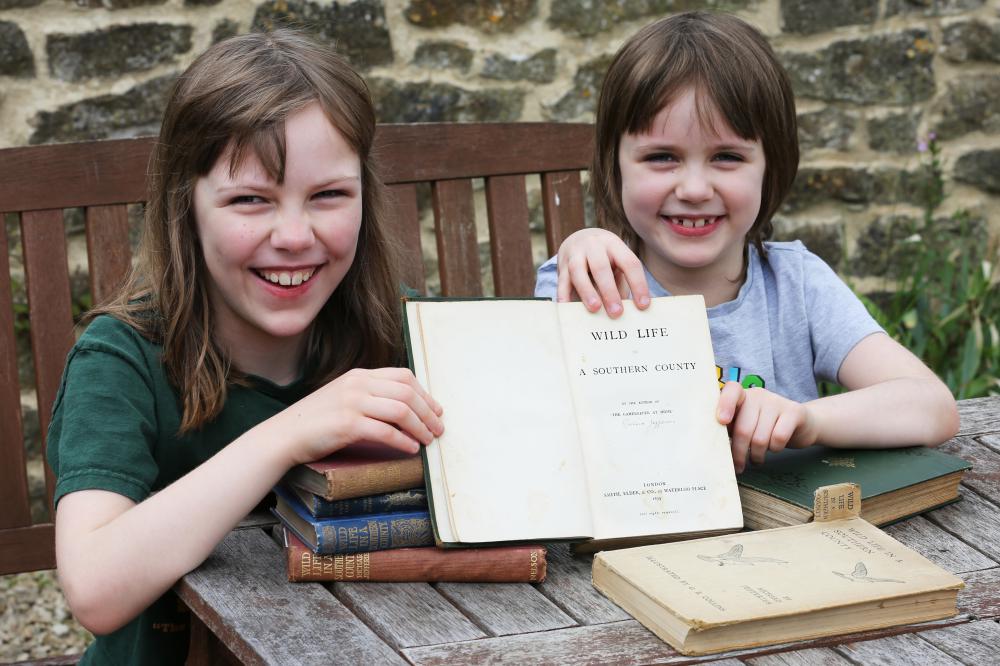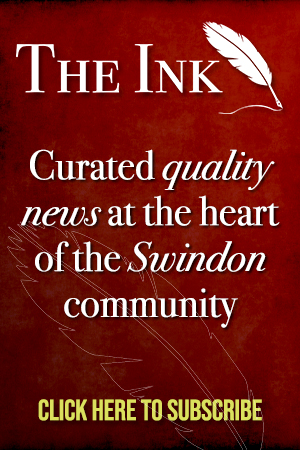Swindon nature writer Richard Jefferies has been identified as the first to use the phrase: "Wild life."
The latest addition to the town's long history of firsts was discovered by Dr Mike Pringle, who runs the Richard Jefferies Museum at the author's Coate birthplace.
Mike has spent much of the covid-19 lockdown researching Jefferies' life, and his work took him to the Oxford English Dictionary.
There he discovered that the earliest known use of the term now familiar throughout the world was in the title of the Swindon author's book, Wild Life in a Southern County, which details the flora and fauna of Witshire.
Mike said: “These last few months have been strange and difficult in many ways, but I’ve tried to use the time to really find out about this man.
"It is amazing to think that his little phrase, which the whole world now uses as a shortcut for the nature all around us, came from Swindon, especially at a time when more people have been getting outside and appreciating it all.”
Following Mike’s discovery Jean Saunders, secretary of the Richard Jefferies Society, did further research and found notes by the author saying that in the opening paragraphs of the book: “I have explained at once what the wild life is so that the title shall convey no false impression.”
Among those delighted by the fruits of the research is Jane Milner-Barry, who represents Old Town on Swindon Borough Council and South Swindon Parish Council and is a keen environmentalist.
Councillor Milner-Barry also has a family connection to Jefferies as a great-great niece of another Victorian author, Walter Besant, who loved Jefferies' work and wrote his eulogy.
She said: "It just seems like a phrase that's been around forever, but it was coined here.
"We do not make enough of our wonderful Swindon people."
Jefferies, who lived from 1848 to 1887, vies with Hammerman Poet Alfred Williams for the title of Swindon's greatest literary figure.
Although mostly remembered for what many critics have cited as some of the most exquisite words ever written about nature, his work ranged from essays about agricultural workers' welfare to a novel called After London, which is generally credited as among the earliest examples of post-apocalyptic fiction.
Jefferies wrote Wild Life in a Southern County as a series of articles published in the Pall Mall Gazette in 1878. It then came out as a book in 1879.
Like many local facilities, the museum is currently closed to the public, though the team is working hard on finding ways to open up again soon.
A side-effect of the lockdown has been seen in the museum’s grounds, which have burst into life after several months of not being used.
Mike said: “The whole place is glorious in its full foliage, with animals like rabbits, roe and muntjac deer, foxes and moles, birds such as wrens, mistle-thrushes, blue-tits and buzzards, and flowers everywhere.
"It is just as Richard Jefferies would have known it – full of wild life!"
The museum's website is https://www.richardjefferies.org/











Your Comments
Be the first to comment on this article
Login or Register to post a comment on this article